Lou Reed, who passed away, had a multifaceted persona. He was renowned for his exceptional songwriting skills, his ability to capture the essence of urban life through his poetic lyrics, and his tumultuous lifestyle. At times, he could be quite irritable and difficult to deal with. Being a devoted admirer of The Velvet Underground and a significant portion of Lou Reed’s solo work, I frequently ponder the ethical dilemma of separating an artist’s art from their personal actions. This contemplation arises from the knowledge that Mr. Reed once engaged in a physical altercation with David Bowie. However, Reed’s art was incredibly reflective of its creator, making it challenging and unwise to attempt to do so.
Similar to many musicians of his time and style, Reed experimented with drugs, experiencing multiple periods of addiction during his career. As indicated by the early Velvet Underground track ‘Heroin,’ he was remarkably candid about this aspect of his life in his songwriting. Substance dependencies can lead to unpredictable behavior, a quick temper, and impaired judgment – not exactly desirable qualities in an interview setting, although they may provide some amusement.
During the 1970s and ’80s, Reed participated in numerous memorable interviews. He often appeared with wide eyes behind his sunglasses, holding a cigarette, and giving off an air of disdain. During this time, Reed’s opinions were both direct and unpredictable, which affected his overall sincerity. I enjoy finding the humor in Reed’s exaggerated criticisms.
In a well-known interview feature from 1973, Reed unleashed his strong opinions to critique some of his respected competitors. Reed expressed admiration for his former Velvets bandmates, as well as pop artist Andy Warhol and his companion David Bowie. However, he did not hold back his strong dislike for West Coast rock bands and certain contemporary stars.
Perhaps most unexpectedly, Reed found it necessary to criticize Frank Zappa as “untalented”. Similar to the jazz he deeply appreciated, the avant-garde guitarist may not have appealed to everyone. However, his instrumental skills were undeniably impressive. “He’s perhaps the least skilled individual I’ve ever come across,” Reed remarked in his evaluation. “He lacks the necessary expertise and skill to excel in his academic field.”
Zappa challenged traditional genre boundaries by seamlessly blending elements of jazz, rock, classical, do-wop, and avant-garde music. The result was a unique and mind-bending fusion of sounds that defied categorization. Reed appeared to be somewhat sarcastic when expressing his opinions, but he didn’t appreciate Zappa’s approach at all. “He is unable to perform rock ‘n’ roll due to his lack of talent,” Reed commented, “which is also reflected in his peculiar fashion choices.” He admits his dissatisfaction with himself.
Reed and Zappa had a longstanding rift that dated back to the 1960s. This was a time when MGM Records had signed both The Velvet Underground and Zappa’s band, the Mothers of Invention. Zappa reportedly made a controversial remark about the Velvets while performing together on the West Coast. This intensified the rivalry between them due to their connection to Andy Warhol’s eccentric Factory group.
Luckily, Reed and Zappa appeared to reconcile and acknowledge the significant contributions they made to pop culture and the evolution of music in the 20th century. In 1995, Reed honored Zappa by inducting him into the Rock and Roll Hall of Fame. Reed praised Zappa for his unwavering commitment to artistic integrity and his dedication to charitable endeavors.
During his 1973 campaign, Reed criticized Pete Townshend in a similar manner. The New York proto-punk poet couldn’t connect with The Who’s iconic rock opera Tommy. He felt the need to express his sentiments to the songwriter. “Tommy is quite…” Reed started. “Wow, it’s surprising how easily people can be drawn into that.”
Tommy, a captivating 74-minute tale of childhood trauma, showcases a carefully curated collection of songs that transport listeners into a cinematic journey. Even Townshend expressed dissatisfaction with certain tracks on the album, specifically mentioning his concerns about the flagship single, ‘Pinball Wizard‘. However, Reed appeared to have an intense dislike for the record.
Expanding on his stance, Lou Reed expressed his opinion that Townshend lacks talent as a lyricist and is, at best, uninteresting from a philosophical standpoint. Directing his criticism towards ‘The Seeker’, a track that was featured on the 1971 album Who’s Next, Reed highlighted certain lyrics, expressing his disdain by saying, “I wouldn’t even bother asking Timothy Leary the time of day, for crying out loud.”
Lou Reed and Townshend never had any public disagreements. Both artists contributed significant music to the development of punk and metal genres. However, Reed’s lyrics often embraced gritty realism, while Townshend’s focused on deaf, dumb, and blind pinball experts and ambitious dystopian themes. I appreciate both.

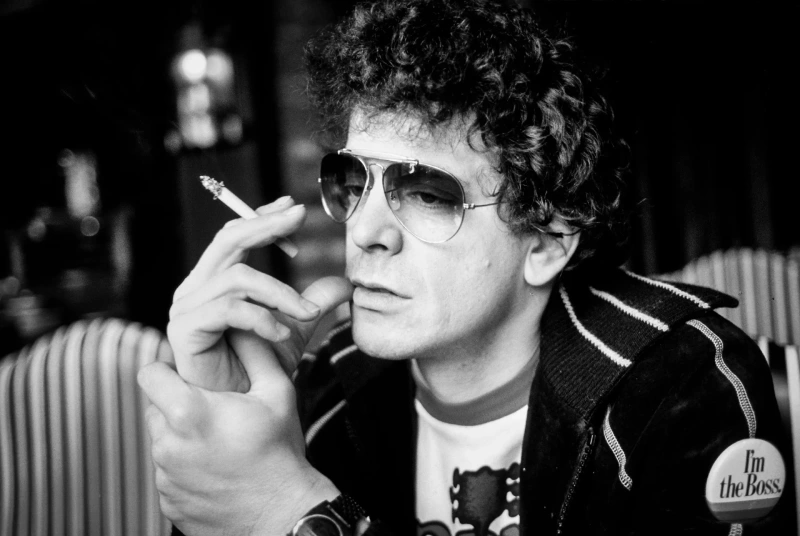

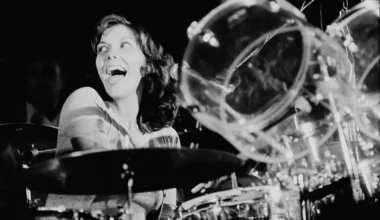
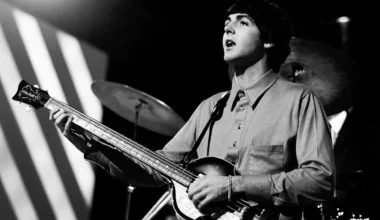
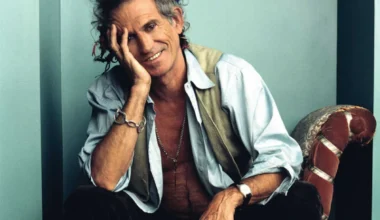

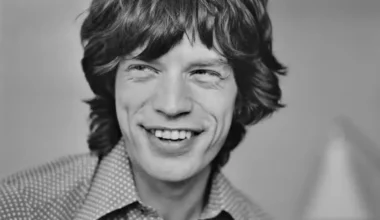

4 comments
Please do your due diligence, The Seeker was NOT on Who’s Next. Strive to do better….
‘The Seeker’ was NOT featured on the 1971 album Who’s Next, at least not inn the American version.
Reed
Reed’s comment about Townshend’s lyric being uninteresting from a philosophical standpoint reeks of musical snobbery.